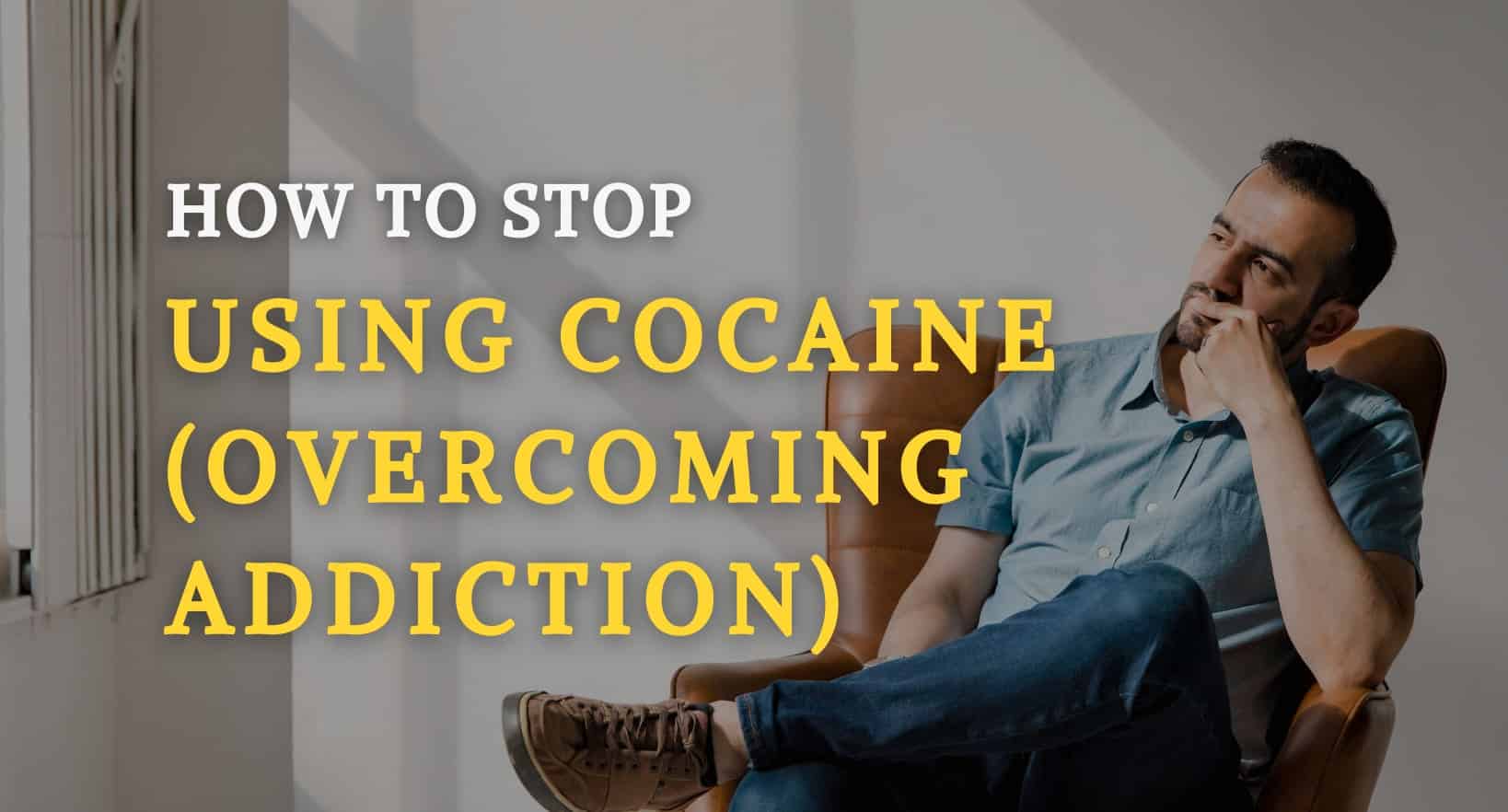
Supporting a spouse or partner through the journey of addiction recovery is a challenging yet crucial aspect of their healing process. As partners, understanding and empathy are essential in navigating the complexities that come with recovery from alcohol use disorder. This support benefits the individual in recovery and strengthens the bond between spouses, creating a healthier future together. The role of the spouse in this dual journey of recovery is instrumental in ensuring a supportive environment for both parties.
Understanding Addiction and the Recovery Process
Supporting a spouse through addiction recovery, particularly from alcohol use disorder, is a journey full of ups and downs that demands understanding, empathy, and commitment. This process is not only crucial for the well-being of the addicted spouse but also plays a significant role in reinforcing the bond between partners, thereby creating a healthier future for the married couple.
Understanding the Nature of Addiction
Recognizing that alcohol use disorder is a complex condition affecting both physical and mental health is vital. This condition often co-exists with other mental health issues, making the recovery process challenging. The journey involves supporting your spouse through early recovery, understanding the nature of the addiction, whether it’s alcohol, drugs, or other substances, and recognizing the need for a comprehensive recovery program.
Learn More: Alcohol Addiction Treatment Programs
Navigating the Recovery Process
The path to recovery is filled with challenges. Supporting an addicted spouse means being aware of the fine line between helping and enabling. It’s about providing emotional support while ensuring the sober spouse or partner doesn’t slip into enabling behaviours. This process also includes encouraging the addicted person to maintain sobriety and explore new hobbies or activities that support a sober lifestyle.
Addressing the Health Risks of Alcohol Abuse
Alcohol abuse can lead to severe health risks, both in the short term, like alcohol intoxication, and long-term, such as liver damage and heart disease. Understanding these risks underscores the importance of supporting your spouse’s recovery efforts, especially if the spouse refuses to acknowledge the severity of their addiction.
The Interplay Between Mental Health and Alcohol Addiction
The link between mental health and alcohol addiction cannot be overstated. Supporting a spouse struggling with addiction means recognizing the impact of their past actions on their current mental state and seeking appropriate mental health services or information services, such as a national helpline, for guidance.
Do’s and Don’ts of Supporting Your Loved One
Supporting a spouse through the trials of substance abuse and recovery requires a balance of understanding, empathy, and firmness. Here are key dos and don’ts:
- Educate Yourself on Addiction and Recovery: Enhance your understanding of drug or alcohol addiction through resources like the Canadian Mental Health Association. This knowledge is crucial in providing informed and empathetic support.
- Open Communication: Prioritize open and honest communication. Avoid blaming your spouse for their addiction, and focus on expressing your feelings constructively. This helps in maintaining a healthy dialogue and understanding the chronic illness that addiction represents.
- Avoid Enabling Behavior: Differentiate between offering emotional support and enabling. Enabling, though well-intentioned, can hinder recovery by shielding your spouse from the consequences of their drug use or alcohol consumption.
Encouraging Treatment and Recovery Programs
Motivate your spouse to explore treatment options and engage with recovery programs. Your encouragement is vital in their journey towards a normal life post-recovery.
Addressing Trust Issues in the Relationship
Trust issues often arise in relationships where one partner struggles with substance use disorder. Work on rebuilding trust through consistent, understanding actions and patience.
Making Excuses to Boost Self-Esteem
Avoid making excuses for your spouse’s behaviours related to substance abuse. Instead, focus on reinforcing their self-esteem positively and celebrating their steps towards maintaining sobriety, such as engaging in a treatment program or attending a support group like Al-Anon.
Self-Care for the Spouse
While supporting a spouse through recovery, it’s crucial to also focus on your well-being:
- Prioritizing Mental Health: Attend to your mental health by seeking professional help or joining support groups. This self-care is essential for your resilience and ability to provide support.
- Setting Healthy Boundaries: Establishing healthy boundaries helps in managing your emotional energy and maintaining a positive environment.
- Understanding Emotions: Acknowledge and understand your emotions related to your spouse’s recovery journey. This self-awareness is key to providing effective support.
Differentiating Between Support and Enabling
It’s important to recognize the line between supportive actions and behaviours that might enable addiction. Ensuring your actions contribute to your spouse’s recovery rather than their addiction is critical.
The Role of Partner Support Therapy
Partner support therapy, like that offered at Trafalgar Addiction Treatment Centre, can be an effective tool for spouses. It provides strategies for supporting a partner while also addressing personal emotional needs.
Establishing Healthy Boundaries
Setting boundaries is not only beneficial for your spouse but also for your mental health. It helps in managing expectations and maintaining a healthy relationship dynamic.
Building a New Normal Together
Post-addiction recovery offers an opportunity to rebuild and strengthen your relationship:
- Creating a New Life Post-Addiction: Embrace the journey of building a new normal, where both partners actively create a healthier, more fulfilling life together.
- Engaging in Joint Activities: Participating in activities and hobbies can strengthen your bond and provide mutual enjoyment and fulfilment.
- Open Communication: Maintain open communication to reduce stigma-related language and improve understanding.
Activities to Rebuild the Bond
Find activities that both of you enjoy and can do together. These shared experiences can be a foundation for rebuilding your relationship.
Celebrating Milestones in Recovery
Acknowledge and celebrate each milestone in your spouse’s recovery journey. These celebrations reinforce progress and encourage.
Using Aftercare Programs if Needed
Consider enrolling in aftercare programs for ongoing support. These programs can offer additional resources and help in maintaining sobriety.
Facing Relapses and Challenges
Understanding and preparing for the possibility of relapses is a crucial aspect of supporting a recovering alcoholic spouse:
- Possibility of Relapses: Recognize that relapses can occur and are part of the recovery journey. Working to prevent relapse is essential, but also understanding that it does not signify failure.
- Handling Setbacks: Approach setbacks without blame. Focus on supporting your spouse and encouraging them to continue their recovery efforts.
- Seeking Professional Help: During challenging times, don’t hesitate to seek professional help and support for you and your spouse.
Recognizing Warning Signs of a Relapse
Be aware of the warning signs that may indicate a potential relapse. This guide provides insight into identifying and addressing these triggers.
Providing Support Following Relapse
It’s important to provide empathetic support after a relapse. Supporting a loved one after a relapse involves understanding, patience, and encouragement for continued treatment.
Reinforcing the Importance of Continued Treatment
Reinforce the importance of continued treatment and recovery efforts, even after setbacks. This ongoing support is vital for long-term recovery and maintaining sobriety.
The Journey Ahead
Supporting a spouse through alcohol recovery is a journey of mutual growth and understanding. This path requires empathy, patience, and the right guidance to foster a healthier and stronger relationship post-recovery. At Trafalgar Addiction Treatment Centres, we are committed to supporting this journey. Our CARF-accredited facility, recognized for its high standards in addiction treatment, offers a comprehensive range of services designed to help you and your spouse navigate these challenges.
Our treatment center, located on 13 acres of serene privacy, provides a nurturing environment conducive to recovery. With a well-appointed facility accommodating 24 beds, we ensure personalized care in a comfortable, homelike setting. Our highly qualified team, with years of clinical and research experience, is dedicated to delivering the best in treatment and support.
At Trafalgar, we understand the critical role of partner support therapy and offer strategies to help spouses support each other while addressing their emotional needs. Setting healthy boundaries, engaging in joint activities, and celebrating milestones are all part of building a new normal together post-addiction.
If you’re seeking guidance or support in this challenging yet rewarding journey, do not hesitate to contact Trafalgar Addiction Treatment Centres. With our resources, expertise, and commitment to your well-being, a healthier and happier future for both you and your spouse is within reach. Explore our inpatient and virtual outpatient treatment options to find the support that best fits your needs.
Sources
- Trafalgar Addiction Treatment Centres. “The Importance of Family and Partner Therapy During Rehab.”
- CMHA. “Caring Together: Families as Partners in the Mental Health and Addiction System.”
- Government of Canada. “Health risks of alcohol.”
- CMHA. “Substance use and addiction.”
- CAMH. “Fundamentals of Addiction: Motivation and Change.”
- NIDA. “Words Matter – Terms to Use and Avoid When Talking About Addiction.”
- NCBI. “Addiction Relapse Prevention.”
- CCSA. “Canadian Drug Summary: Cocaine.”
- Trafalgar Addiction Treatment Centres. “Common Relapse Triggers in Addiction Recovery.”
- Trafalgar Addiction Treatment Centres. “Supporting a Loved One After Relapse.”
Meet Our Renowned Experts
You will receive treatment from the very best.
We have a team of accredited professionals who have many years of clinical and research experience.
Our Rehab Programs
Consult with a professional now to learn how we can help you or your loved one.






